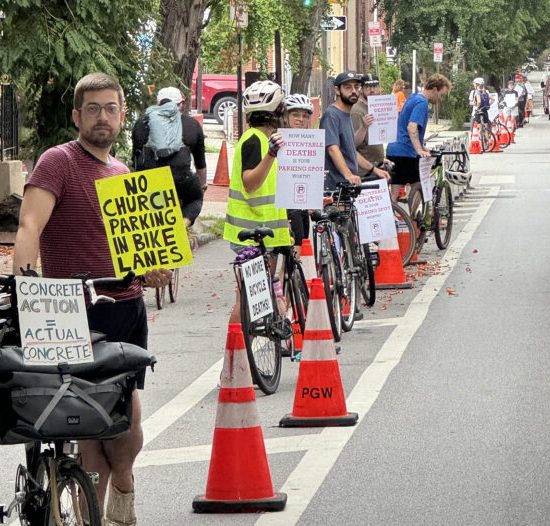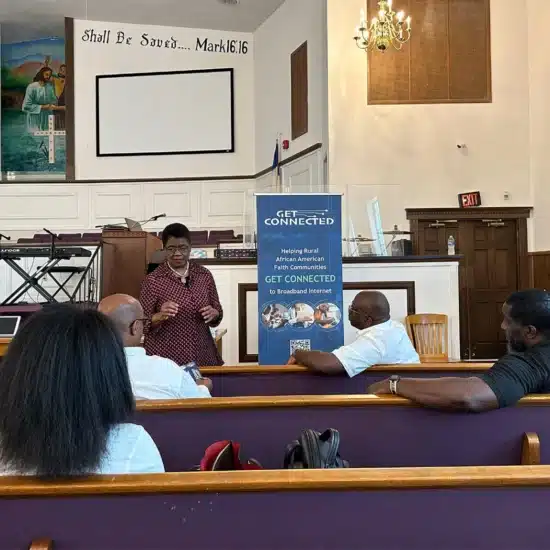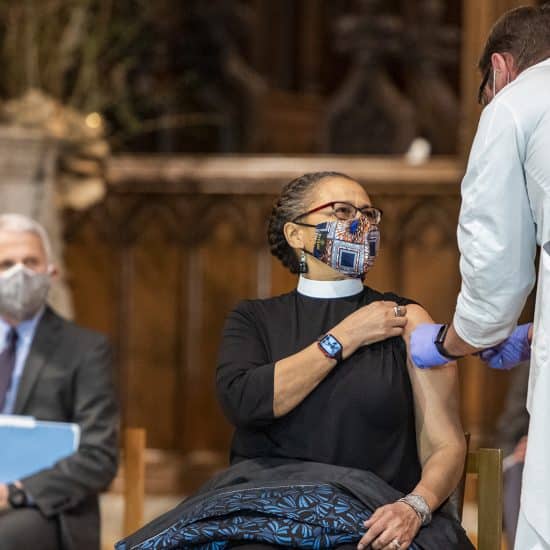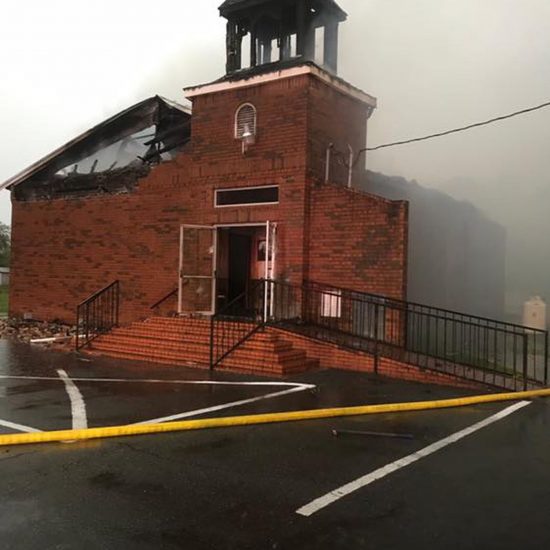JEFFERSON CITY — Students responded to a drama group from Kentucky your church invited to lead a youth revival. Even the adults were impressed, and when the offering plates were passed, parents and youth gave generously. The love offering totaled nearly $1,000.
But did the church deduct 2 percent from the gift before presenting the cash or check? And provide the entertainer with a Form MO-2ENT?
Since 1998, Missouri law has required venues — including churches — to collect withholding tax on amounts over $300 paid to entertainers who come from out-of-state.
The first question a congregation might ask is: "We're giving this as a love offering just to help cover their travel expenses. A love gift shouldn't be taxed, should it?"
Missouri apparently holds to the federal Internal Revenue Service's definition of a love offering or love gift. According to Haley Homan, an accountant with the Bobby Medlin, CPA firm in California, the IRS views most gifts to pastors and other Christian workers as payment for services.
Internal Revenue generally defines "love offering" or "love gift" as assistance to needy individuals, rather than as appreciation for a person or group. Homan recommends following a basic rule: If it is deductible by the giver, it is taxable to the recipient.
According to the IRS and Missouri state law, even if a congregation couches payment in "love offering" terms, it still must withhold 2 percent if the gift is more than $300.
Nor can a church or religious group claim the funds as a gift "just to cover expenses." Missouri law requires venues to pay 2 percent of the gross amount — before expenses.
The next question might be: Who is considered a nonresident entertainer?
According to the question-and-answer section on the Missouri Department of Revenue's website (dor.mo.gov/faq/business/nonresident.php ), Missouri defines out-of-state entertainers as "individuals, partnerships and corporations not residing in Missouri who entertain other people for compensation by performing any vocal, instrumental, musical, comedy, dramatic, dance or other performance before a live audience. This includes persons traveling with and performing services on behalf of a nonresident entertainer who receive compensation, such as a setup crew."
Missouri law does allow a loophole for performances given for educational purposes, as long as no admission fee is charged. While the state regulations do not completely explain Missouri's definition of "educational," the U.S. Treasury Department does. Educational is defined as either "the instruction or training of the individual for the purpose of improving or developing his capabilities" or as "the instruction of the public on subjects useful to the individual and beneficial to the community."
A dramatic presentation or a concert presented in a school might be considered educational, but would not be if held in a church because a congregation generally allows members and guests to attend for their entertainment, Homan said.
Churches and other groups are not required to withhold taxes for out-of-state guest speakers and preachers, unless the venue charges an admission fee. For example, a religious body, such as Cooperative Baptist Fellowship of Missouri, the Baptist General Convention of Missouri or the Missouri Baptist Convention, invites an out-of-state musician or musical group to perform at a large gathering. The entity also invites a pastor from another state to give the keynote message, and does not charge any admission fee.
Even if the entity pays the musicians and the pastor more than $300, it must withhold 2 percent of the musicians' payment but nothing on the amount given to the pastor.
Churches and other venues are required to send the 2 percent and Form MO-1ENT and a copy of Form MO-2ENT to the Department of Revenue at the end of the quarter. Failure to do so can result in penalties and possibly interest as well.
It might be easy to assume MO DoR would not know about a nonresident's appearance at a specific church. The department uses several means to track events, such as trade publications like Pollstar, the Internet and others, according to department spokesman Ted Farnen.
The state is currently sending notices of infractions that occurred in 2004 and 2005.






